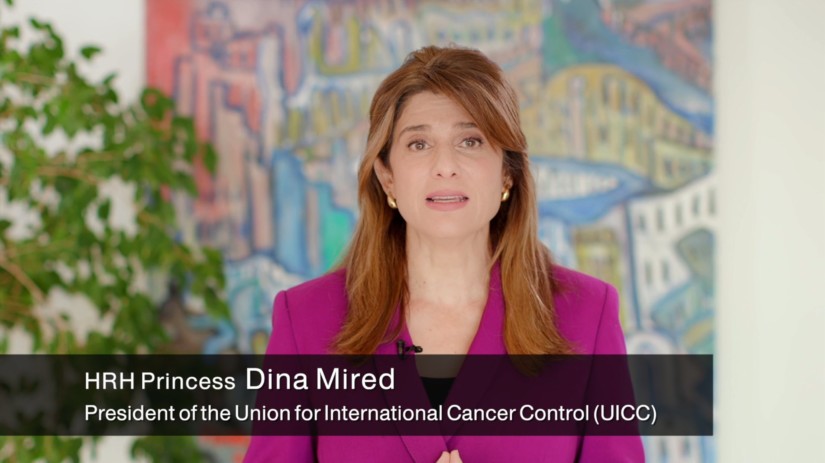World Cancer Day Sydney – message from HRH Princess Dina Mired
5 February 2020
News

Today, nearly 7 out of 10 patients diagnosed with cancer are still alive 5 years after their diagnosis – that’s after decades of amazing research. But there is so much more to do.
On World Cancer Day in Sydney, we are celebrating cancer survivors over two special events. Scientists, clinicians and members of the community are coming together for breakfast and to hear how we are taking action to create a world without cancer through collaborative research. Then a group of cancer survivors and supporters will climb the iconic Sydney Harbour Bridge. Our Research in Partnership event will be held at the Opera House. We will profile researchers and health professionals who have dedicated their careers to improving the lives of those touched by cancer.
Working in partnership
The Cancer Clinical Academic Group is working with Cancer Institute NSW funded Translational Cancer Research Centre (TCRC) partners to host the day’s events. Together with the Translational Cancer Research Network (TCRN) and the Centre for Oncology, Education & Research Translation (CONCERT), our research work spans the laboratory sciences, clinical practice and health policy, delivering real world impact. We work in a collaborative framework that includes five health networks and more than 30 health, education and research sites across the state. Together, we support more than 2 million people in our local area. The research we lead benefits the health of our local community and people around the world.
We are uniting cancer research into a globally leading partnership to deliver evidence-based practice in diagnosis, intervention and support.
World Cancer Day message
Thanks to research, cancer outcomes have improved enormously over the last 30 years. There are now many cancer survivors living with the long-term effects of their disease, needing therapy and support. We are transforming cancer detection, treatment and survivorship through research, using our combined strengths and expertise to make a difference. On World Cancer Day, we are celebrating cancer survivors and showing how our research is making the outlook brighter into the future.